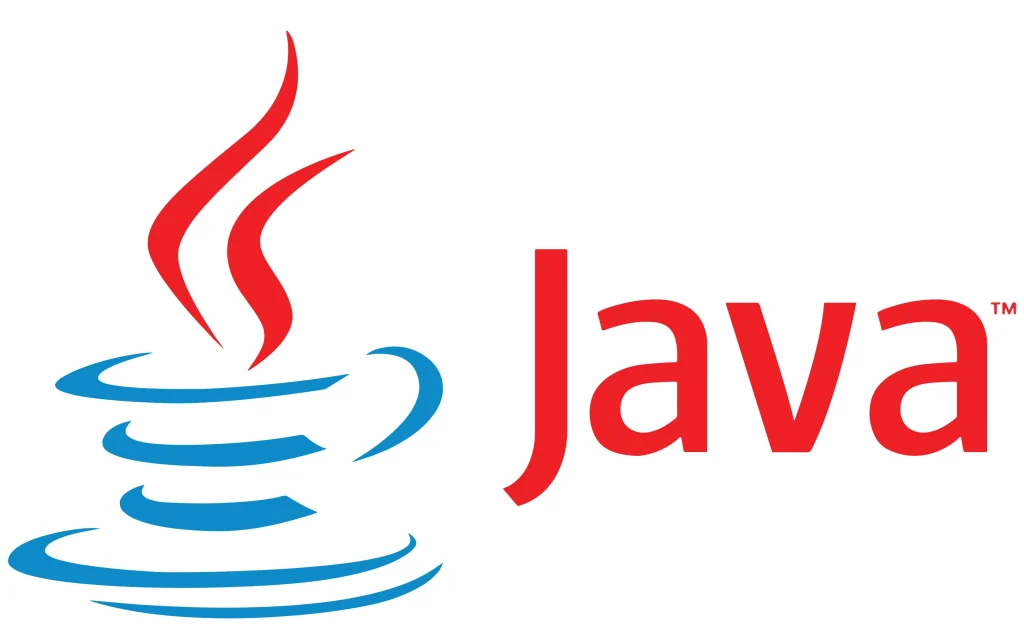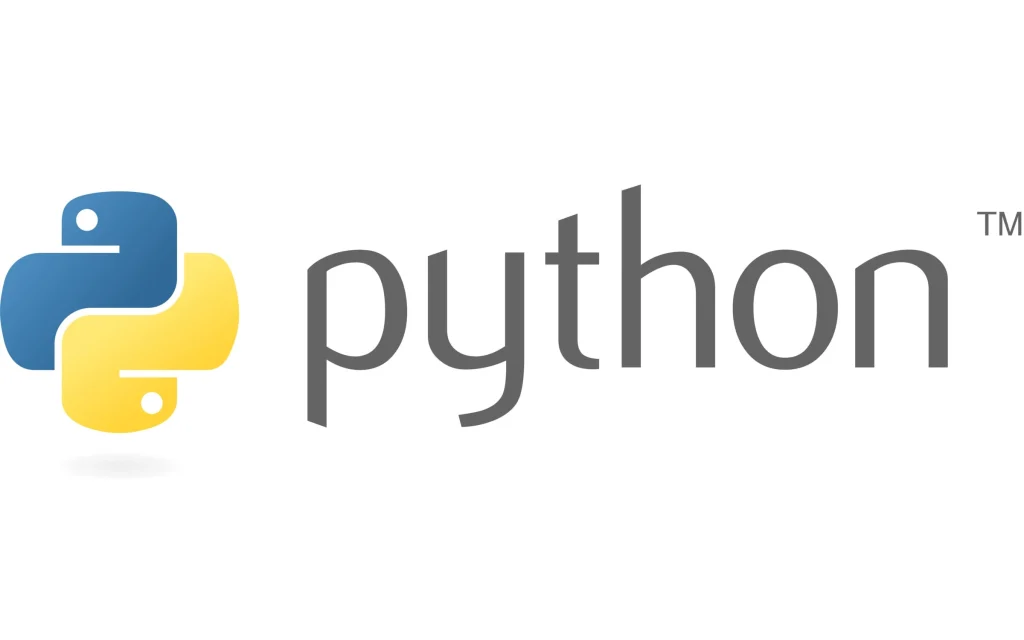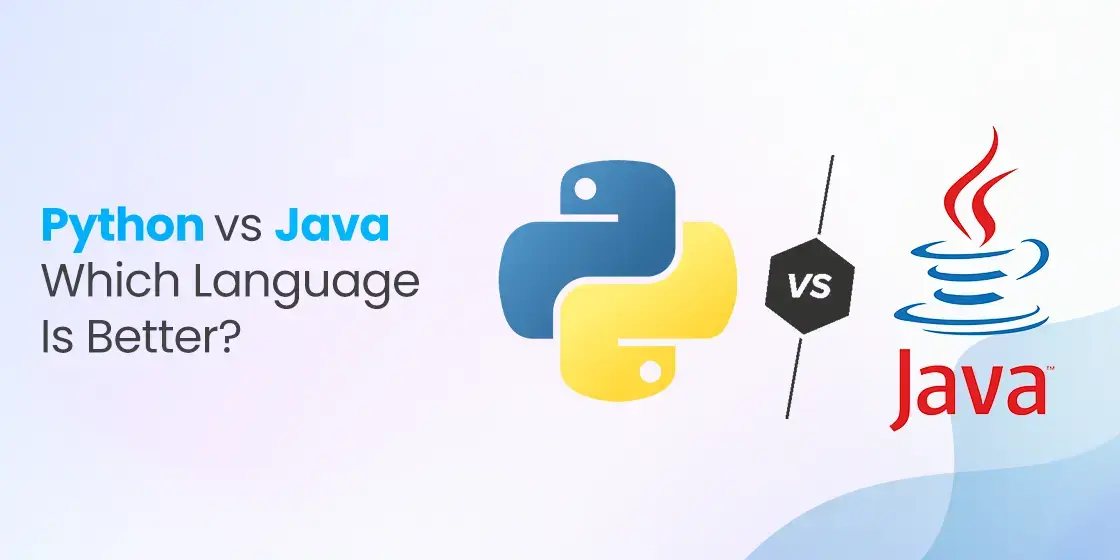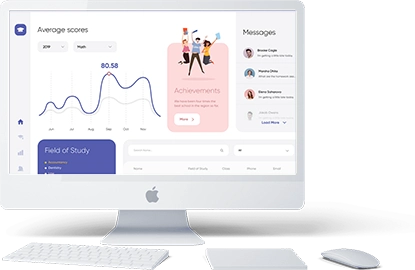Table of Content
Learn Which Programming Language is Considered Best for Beginners
Programming languages are essential tools in the world of software development, providing the foundation for creating a wide range of applications. They allow developers to write code that instructs computers on how to perform tasks, ranging from simple operations to complex algorithms. In recent years, two languages that have gained significant traction in the industry are Python and Java. These languages have proven themselves as reliable and versatile, used in various domains, from web development to data science and enterprise applications.
Python has become widely known for its simplicity and readability, making it an ideal choice for app and software development services. Its extensive collection of libraries and frameworks enables developers to work efficiently across various fields. Python’s emphasis on clean and concise code reduces the time spent on development and debugging, making it highly favored for rapid prototyping. Its widespread use in education also contributes to its popularity, as many introductory programming courses focus on teaching Python.
On the other hand, Java remains a stalwart in the programming world, particularly for large-scale, enterprise-level applications. It offers strong performance, portability, and security, which has made it the language of choice for building robust, cross-platform systems. Being a beginner, if you are confused between Python vs Java selection, read this article completely to clear all your questions. It will let you know the differences between both languages, so that you can easily pick the right one for your project.
Importance of Choosing the Right Language

Choosing the right programming language for software development is a critical decision that can significantly impact the success of a project. The language selected influences the efficiency of development, the quality of the final product, and the overall cost of the project. Different languages are designed with specific use cases in mind, and picking one that aligns with the project’s requirements ensures that developers can leverage the language’s strengths.
Another important factor in selecting the right programming language is the ecosystem surrounding it. This includes the availability of libraries, frameworks, and tools that can accelerate development. A well-supported language will have a rich set of pre-built resources, enabling developers to build on existing solutions rather than reinventing the wheel. For example, Python offers a vast selection of libraries for data analysis and machine learning, while Java provides robust tools for enterprise-level applications.
Finally, the scalability, maintainability, and future-proofing of the software are also closely tied to the choice of programming language. The wrong language might result in performance bottlenecks or create challenges when the application needs to scale or be updated over time. Additionally, a language with strong backward compatibility and active development can help ensure that the application remains relevant and secure in the long run.
What is Java?

Java, a general-purpose programming language first introduced in 1995, has evolved into one of the most widely used and demanded tools in the field of software development. Initially designed with the goal of being a platform-independent language, Java quickly gained popularity for its versatility and robust performance. Over the years, Java’s rich ecosystem of libraries, frameworks, and tools has contributed to its widespread adoption in diverse areas, from enterprise software to web development and beyond.
While Java is most commonly associated with mobile app development, its uses extend far beyond that. As an object-oriented language, Java is favored by web developers for building scalable and maintainable applications. It has also proven its efficiency in handling large volumes of data, making it a popular choice for Big Data applications that require high-performance computing and data processing. Additionally, Java’s strong performance and reliability have made it a key player in the rapidly growing field of Internet of Things (IoT) applications.
Core Benefits of Java
Platform Independence: Java allows applications to run seamlessly across different platforms without needing modification.
Object-Oriented: Java’s object-oriented structure promotes reusable, modular, and maintainable code, making it easier to develop and manage large-scale applications.
Robust Ecosystem: Java offers a rich set of libraries, frameworks, and tools that accelerate development and reduce the need for reinventing solutions, especially for web, enterprise, and mobile applications.
Scalability: Java is well-suited for building large, complex, and scalable applications, making it ideal for enterprise-level software and systems that require high availability and performance.
Security: Java has built-in security features such as automatic memory management and a secure execution environment through the JVM, making it a reliable choice for sensitive applications.
Strong Community: Java boasts a large, active community and extensive documentation, which provides valuable resources, updates, and third-party tools that help developers overcome challenges.
What is Python?

Python is a high-level, interpreted programming language that was created in 1991 by Guido van Rossum. Known for its simplicity and readability, Python has become one of the most popular coding languages in the world. It was designed with an emphasis on code readability and developer productivity. Python’s clean and easy-to-understand syntax allows developers to write fewer lines of code compared to many other programming languages, leading to faster development cycles and reduced chances of errors.
As an object-oriented programming language, Python supports essential concepts like classes, inheritance, and polymorphism. One of Python’s greatest strengths lies in its vast and ever-growing library support. These libraries, such as NumPy, Pandas, TensorFlow, and Django, provide pre-built solutions for a wide range of tasks, from data analysis and machine learning to web development and automation. With such extensive support, Python makes it easier to implement complex algorithms and functionalities, significantly accelerating the development process for complex projects.
Core Benefits of Python
Simplicity and Readability: Python’s clean and easy-to-understand syntax makes it ideal for beginners, allowing developers to write less code to accomplish tasks.
Extensive Library Support: Python has a vast collection of libraries that provide powerful tools for a wide range of tasks, including data analysis, machine learning, and more.
Cross-Platform Compatibility: Python is platform-independent, meaning that code written on one operating system can easily run on another without modification.
Object-Oriented: Python supports object-oriented programming, which allows for the creation of reusable and maintainable code through classes.
Rapid Development: Python’s concise syntax and extensive libraries enable rapid development and prototyping, allowing developers to test ideas and implement features quickly.
Strong Community: Python has a large, active community that contributes to an extensive pool of resources, ensuring developers can find support and stay up-to-date with new developments.
Python vs Java: Which One to Choose for Development?
The decision to choose between Python and Java is influenced by various key factors, with experience being one of the most significant. For individuals who are just starting their journey in software development, Python is often considered a more accessible language due to its simple, readable syntax and beginner-friendly learning curve. Python’s clear structure allows new developers to focus on learning programming concepts without getting bogged down by complex syntax rules.
On the other hand, if you already have experience with programming, Java could be a strong choice. Java is known for its robustness, scalability, and wide range of applications, particularly in enterprise software, Android development, and large-scale systems. By learning Java, you can deepen your understanding of object-oriented programming and explore areas like backend development, performance optimization, and system architecture.
Frequently Asked Questions
| Why Java is popular in the world? Java is popular worldwide due to its platform independence, robust performance, and scalability. Its vast ecosystem, strong community support, and extensive libraries further contribute to its widespread adoption across industries. |
| What are the benefits of using Python? Python offers simplicity, readability, and an extensive library ecosystem. Its versatility and strong community support make it a top choice for both beginners and experienced developers. |
| Which programming language is best for beginners? Python is widely considered the best programming language for beginners due to its simple syntax, and ease of learning. It allows newcomers to focus on programming concepts rather than complex code structures. |
Final Words
That concludes our entire article in which we have discussed whether beginners should use Python or Java to build software applications. Both of these languages are quite popular in the dev world, especially among the mobile app and AI developers. As a beginner, you need to start with one of them, because learning both at once could overburden your initial dev concepts.
This article is therefore written to let you understand which language suits best for you as a beginner. It has defined the basics of each language, as well as their benefits in development. So, make sure to understand all the points properly, as that will help you to make the right selection decision.

Empower your digital journey with StruqtIO - Your dedicated partner for cutting-edge custom software development, innovation, and digital transformative solutions. Harness the power of technology to elevate your business and redefine your digital landscape today.



